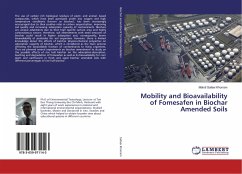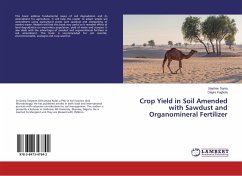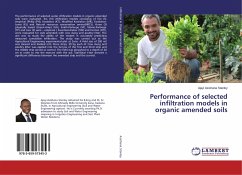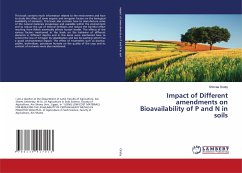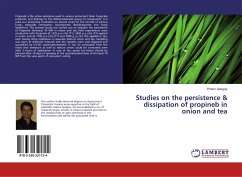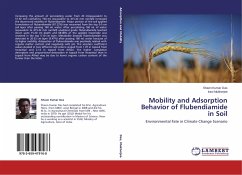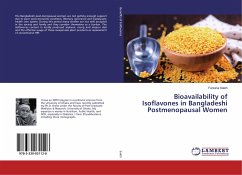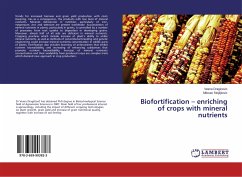The use of carbon rich biological residues of plant- and animal- based compounds, which have been pyrolyzed under low oxygen and high temperature conditions (known as biochar), has been increasingly encouraged due to their positive roles in carbon sequestration, improving soil quality and increasing adsorption capacity of contaminants. Biochars are unique adsorbents due to their high specific surface area and highly carbonaceous nature; therefore, soil amendments with small amounts of biochar could result in higher adsorption and, consequently, lower bioavailability of pesticides for soil organisms. However, there is limited knowledge about the effects of biochar physico-chemical properties on adsorption capacity of biochar, which is considered as the main process affecting the bioavailable fraction of contaminants to living organisms. Thus we planned several experiments on biochar amendment to study on the possible effects of rice hull biochar on the adsorption-desorption, leaching and degradation of fomesafen as well as its bioavailability for corn plant and earthworm in fresh and aged biochar amended soils with different percentages of rice hull biochar.
Bitte wählen Sie Ihr Anliegen aus.
Rechnungen
Retourenschein anfordern
Bestellstatus
Storno

